by Daniel Hathaway
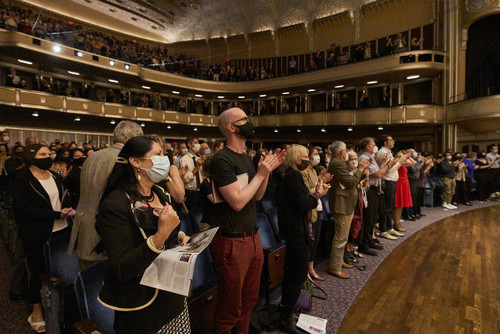
The Cleveland Orchestra’s second performance of the new season on Sunday afternoon, October 17 at the newly renamed Mandel Hall at Severance Music Center was just such an occasion. If the ensemble’s return to public concerts under the baton of Franz Welser-Möst wasn’t enough reason to light a bonfire, the Cleveland debut of a new work written for one of the Orchestra’s most popular soloists, and the swan song of one of its longest-serving members added extra fuel to the celebration.
Taking those items in reverse order, the afternoon ended with Prokofiev’s Fifth Symphony, a work with a bravura piano part magnificently played by Joela Jones, who was retiring on Sunday after 54 years on the piano, organ, and harpsichord benches, including occasional cameos as an accordionist.
The middle item was A New Day, a cello concerto by octogenarian composer Joan Tower dedicated to and performed by the inimitable Alisa Weilerstein, who will also have performed it this season with its co-commissioners, The Colorado Music Festival and the Detroit and National Symphony Orchestras.
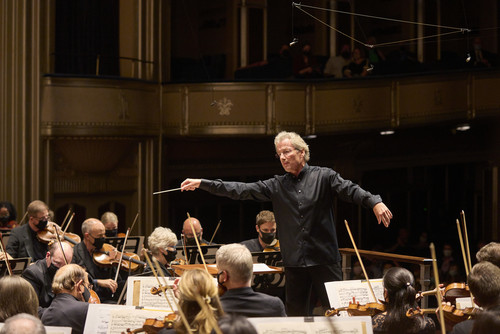
The Tower concerto was tailor-made to Alisa Weilerstein’s many strengths as a soloist, including her ability to make herself heard through complex orchestral textures even in the most difficult range of her instrument.
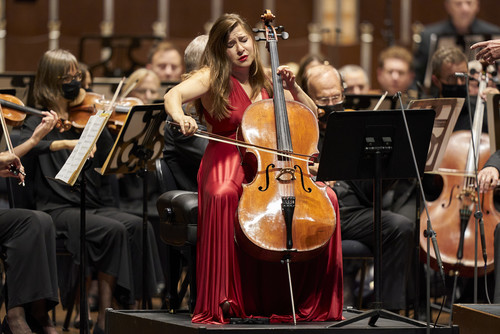
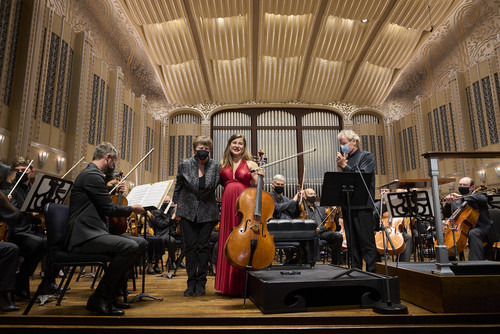
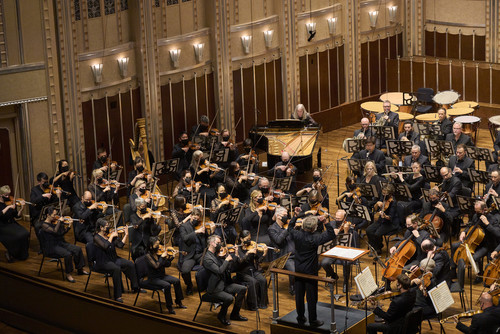
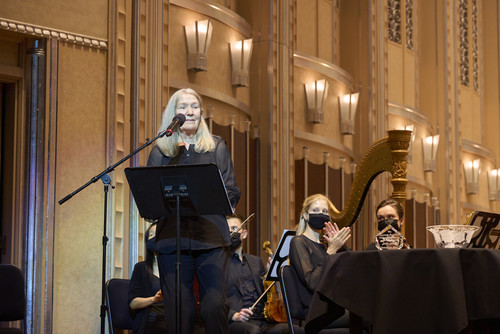
Photos by Roger Mastroianni courtesy of The Cleveland Orchestra.
Published on ClevelandClassical.com October 20, 2021.
Click here for a printable copy of this article


